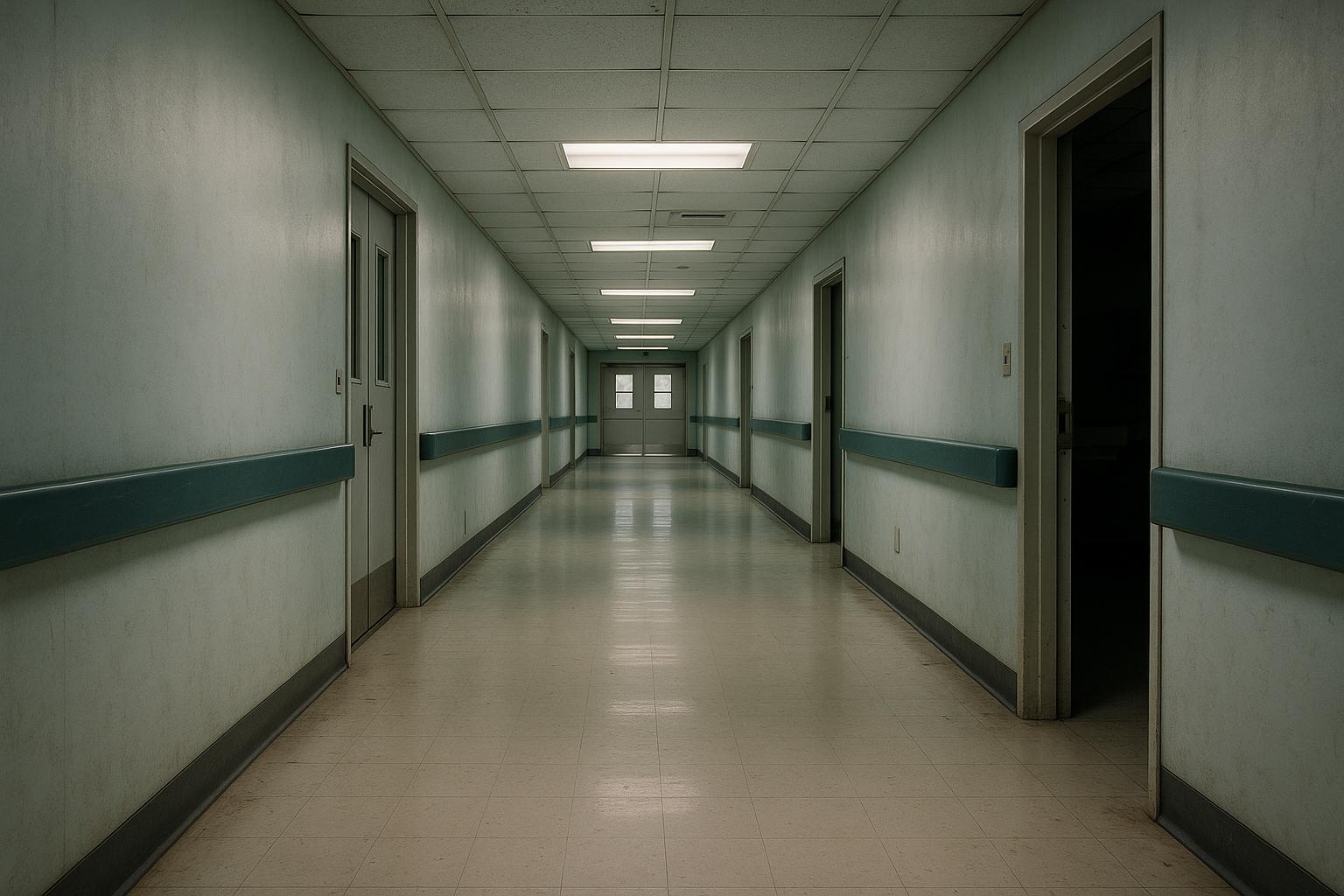Health Secretary Wes Streeting has strongly criticised the British Medical Association (BMA) for advising resident doctors to embark on a five-day strike from November 14 to 19, 2025. Streeting labelled the union’s approach as "reckless posturing," cautioning that the walkout would harm patients and severely disrupt the NHS, particularly as the service prepares for a challenging winter period marked by increased staff illness and a surge in seasonal illnesses. Resident doctors, formerly known as junior doctors, constitute roughly half of all NHS medical staff and have already benefited from pay rises totaling 28.9% over the last three years. Despite this, the BMA’s decision to call a strike over pay and employment opportunities has divided opinion, especially since only about a third of the 77,000 resident doctors voted in favour during a ballot with a declining turnout.
Wes Streeting condemned the BMA for rejecting what he described as an offer to improve working conditions and expand specialty training places to aid career progression. He accused the union of blocking progress and said the strike lacked public support and was not endorsed by a majority of resident doctors. The Department of Health and Social Care is reportedly working to create 1,000 extra training spots and prioritise UK medical graduates for speciality posts. Streeting said: "The BMA’s reckless posturing will harm patients, leave other doctors and NHS staff to pick up the pieces, and divert resources away from rebuilding the NHS."
From a patient perspective, Alf Collins, a trustee of the Patients Association, expressed grave concerns about the impact of the dispute, warning that the strike would prolong waiting times, leaving many patients "in pain and uncertainty." He highlighted that industrial action not only disrupts the period of five days but can cause delays lasting weeks or months, as postponed appointments and treatments accumulate.
The BMA’s resident doctors committee chair, Dr Jack Fletcher, acknowledged the strike was not the preferred route but described it as a necessary response to a severe job insecurity crisis. Fletcher pointed to a survey indicating that half of second-year resident doctors in England struggle to find jobs, despite millions of patients enduring delays and shifts remaining unfilled in hospitals. He criticised the government’s response as vague and lacking urgency, stating the Health Secretary’s promises of change by 2027 showed "little understanding of the crisis here and now." Fletcher emphasised that while the BMA is keen to reach a deal, the government's apparent reluctance to genuinely address the issue leaves strike action as the only option.
Resident doctors in England have experienced significant pay increases in recent years, with first-year doctors earning around £49,000 including overtime and premium rates, above the UK average salary. More experienced resident doctors can earn up to £97,000, with potential for further increases on becoming consultants. However, despite these rises, the BMA contends that a 29% salary increase is still needed to recover losses from years of pay erosion in real terms. Earlier in 2025, junior doctors also staged a five-day strike over pay, rejecting a government offer of a 5.4% increase, as reports showed it fell far short of their demands to restore pay levels to those of 2008.
The NHS Confederation, representing healthcare organisations, expressed disappointment over the breakdown in negotiations. Rory Deighton, its acute director, said leaders will now have to prepare for the disruption the strike will cause amid an already busy summer season and the looming winter spike in illnesses and staff absences. The strike adds to considerable pressures on the NHS allowing no respite as it battles ongoing issues with elective waiting lists and the fallout from understaffing.
This latest strike is part of a protracted period of unrest among resident doctors and junior doctors more broadly. It highlights enduring tensions between evolving pay demands, job security frustrations, and government offers seen as insufficient. The situation underscores the balancing act facing the NHS as it seeks to maintain service delivery while negotiating with staff unions and addressing workforce challenges that impact patient care. With the government increasing training capacity and making policy adjustments, the coming weeks will be critical in determining whether further industrial action can be averted or remedial measures adequately meet the doctors' concerns and the NHS’s operational needs.
📌 Reference Map:
- Paragraph 1 – [1] (Daily Mail), [2] (ITV News)
- Paragraph 2 – [1] (Daily Mail), [2] (ITV News)
- Paragraph 3 – [1] (Daily Mail)
- Paragraph 4 – [1] (Daily Mail), [2] (ITV News)
- Paragraph 5 – [1] (Daily Mail), [5] (Reuters)
- Paragraph 6 – [1] (Daily Mail), [6] (Reuters)
- Paragraph 7 – [1] (Daily Mail), [3] (ITV News), [4] (Reuters)
Source: Noah Wire Services
